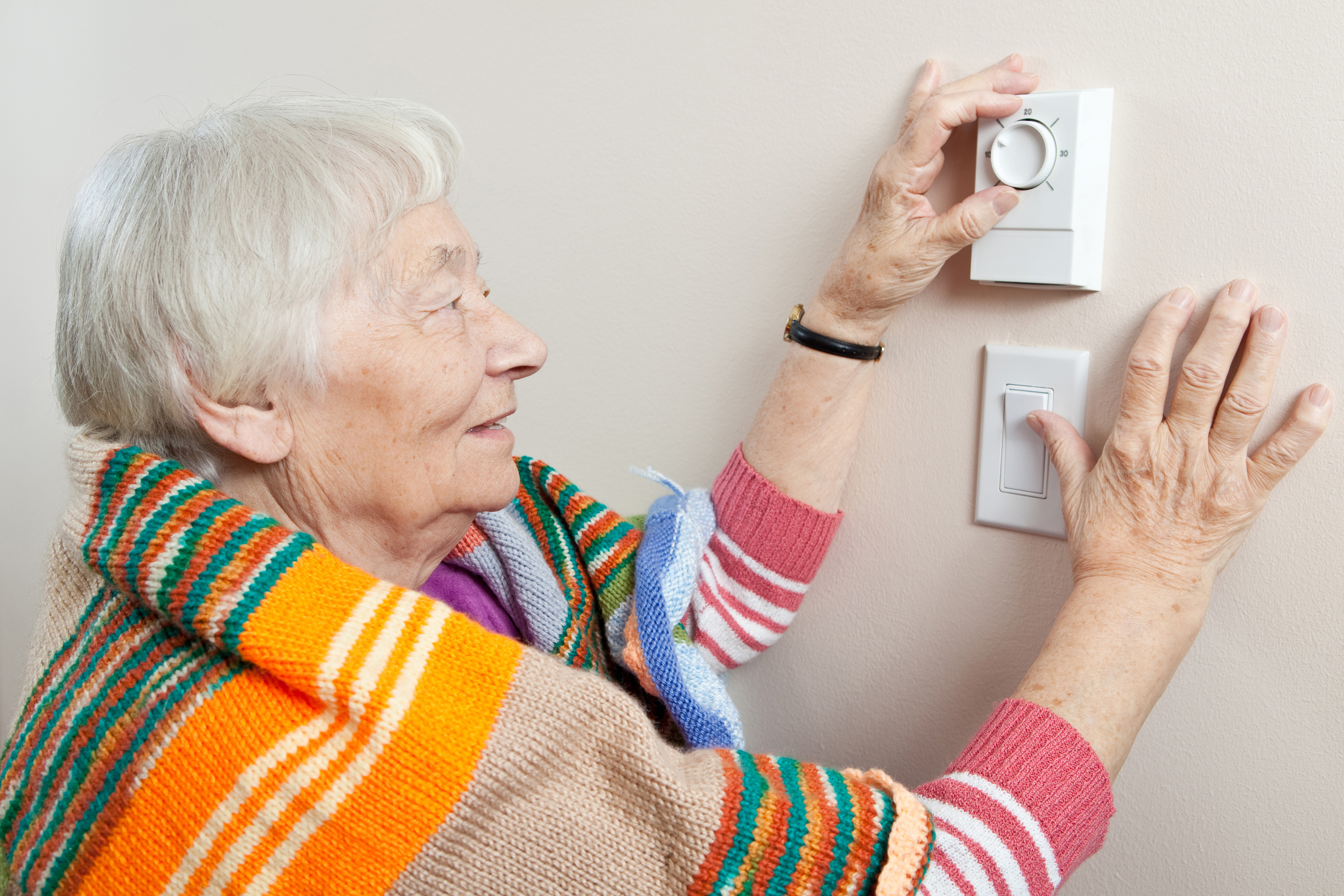Household Bills
Six ways to get help with your energy bills

Energy bills are soaring while the temperature plummets but there are several ways to get help if you’re struggling to pay.
The Energy Price Guarantee has capped average bills at £2,500 until April when they will rise to £3,000 yet many people will pay more than this.
This is also still significantly higher than gas and electricity bills have been in recent years.
Rising energy bills come during the cost-of-living crisis which has seen prices increase on everything we buy and borrowing costs hiked.
Yet the temperature has also fallen and in many areas it will be below zero degrees over the next week leaving many with an impossible choice.
According to financial adviser at Hargreaves Lansdown, there are six ways to get help if you are struggling with energy bills.

Wellness and wellbeing holidays: Travel insurance is essential for your peace of mind
Out of the pandemic lockdowns, there’s a greater emphasis on wellbeing and wellness, with
Sponsored by Post Office
How to get help with rising energy bills
Here we look at some of the ways you can get help if you’re worried about how to pay for rising energy bills.
- If you access certain benefits you should have received some or all of the cost-of-living payments which have been made. Further payments of £900 were also announced in the Autumn Statement as well as £300 for pensioners and £150 for those receiving specific disability benefits.
- You may be eligible for a grant from your energy supplier which you don’t need to pay back. Some suppliers, such as British Gas, offer these to anyone – not just its customers. Contact your provider to see what it offers and how you can apply.
- The Warm Home Discount is a £150 rebate paid by suppliers between October and March. If you’re eligible, and your provider is part of the scheme, you will usually receive it automatically in England and Wales. In Scotland, those on Pension Credit should get it automatically, but others on specific benefits may need to apply.
- Cold Weather Payments of £25 have been triggered this week in some areas of England and Wales. They’re available to those receiving certain benefits or each seven-day period between November and the end of March that the average temperature is below freezing. In Scotland, this has been replaced by a £50 one-off payment made to everyone who qualifies in February, regardless of how low the temperature gets.
- The Household Support scheme in England is available from your local council and is designed to help people in really desperate circumstances. They will have specific criteria and an application process, so get in touch and ask.
- If you don’t qualify for help, and you’re struggling to pay your bills, contact your provider. You might be given an affordable payment plan, payment reductions or time to pay. Debt charities including StepChange, Citizens Advice, and National Debtline can also provide free and confidential advice.